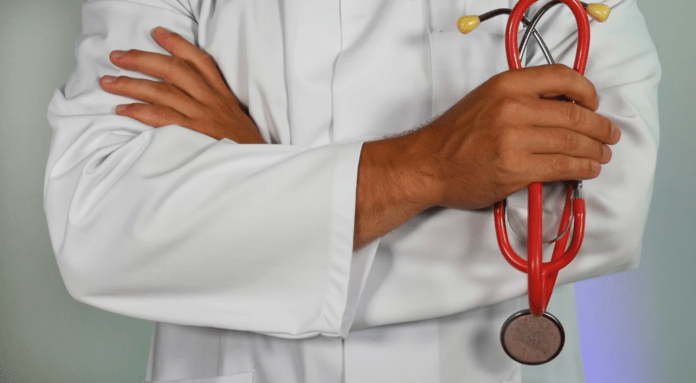Medical house call services are growing in popularity. Previously, on-demand house calls would favor more vulnerable patients who could not travel easily to a healthcare center. Typically, severely disabled individuals and health-compromised health who feel more confident at home would be among the first patients to receive bespoke medical house call services.
However, medical needs are constantly increasing, and on-demand house services need to adjust accordingly. More and more doctors appreciate the need for such services to tackle a variety of challenges:
- Long-lasting medical disorders, especially in the wake of the pandemic where long COVID patients can choose to stay at home but still experience symptoms.
- Remote locations with no easy access to healthcare services can require bespoke visits, such as isolated, off-the-grid properties.
- Serious mental health disorders and dementia issues can make traveling to a healthcare center impossible.
- Women with a high-risk pregnancy or in the last weeks of their pregnancy, where it would be safer to reduce travels.
- Etc.
For doctors considering offering house call services to their patients, it becomes essential to consider investing in the right equipment for the task.
It can change your diagnosis
While a patient could complain about heartburn symptoms, there could be a variety of reasons why they experience the condition. A lot of patients may not have experienced heartburn before and therefore could be describing their discomfort inaccurately. Additionally, a patient could believe they have heartburn, but using a portable ultrasound device such as the smart Philips Lumify device, could reveal early pregnancy or even chest issues. Having the equipment you need on hand could make the diagnosis more accurate, ensuring patients can benefit from the service fully. Doctors should also use sonowipes to disinfect the ultrasounds.
It can reassure patients
Patients are familiar with the healthcare devices of hospitals. While they appreciate that no doctor can pack the entire healthcare center in their bag, they would feel more confident if you have everything you need to treat them. Typically, planning a house call would include a detailed conversation with the patient, so the doctor understands the issue and can bring the required devices and medication.
Additionally, doctors can also consider delivering pre-agreed prescriptions, such as recurring prescriptions or initial prescriptions established after a phone or video call. Indeed, supporting individuals who can’t easily travel to a healthcare center should also include delivering everything required for treatment whenever relevant and possible.
It can genuinely save lives
A house call service can also act as an emergency service. For instance, the COVID-19 pandemic has highlighted the need for rapid and immediate care for some patients with acute respiratory discomfort. Some individuals are more vulnerable depending on their pre-existing health conditions and mental health issues. Being able to provide an emergency response with a portable ventilator could save a person’s life. Sometimes, a small item used during transport to a healthcare center for controlled assistance can make a huge difference. Home patients do not expect a doctor to bring full-size medical equipment. Portable devices are not effective for long-term use. However, in a situation where time is of the essence, they can be the difference that counts.
Should doctors consider providing home call services to their vulnerable patients? The answer is a definite yes. Making healthcare more accessible to those who can’t travel is a priority. However, doctors should adapt and enhance their medical kits to provide dedicated services in real-time outside of the hospital.


